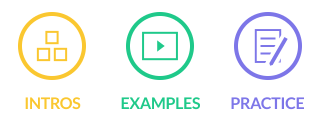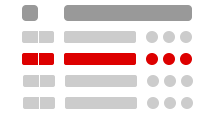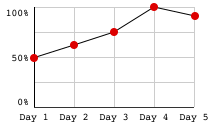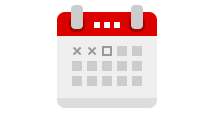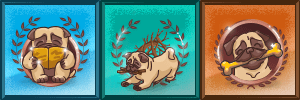The Definition of Money
Money: is any well-known token or commodity that is commonly received for means of payment.
Examples: loonies, dimes, gold
Means of Payment: is a method used to settle a debt. Once the payment is made or completed, there are no more remaining transactions between the parties.
Money serves as 3 other functionalities:
- Medium of Exchange: any item that is commonly approved in exchanges for goods and services.
With the absence of medium of exchange, then goods and services must be traded with other goods and services which we call as a barter. A barter happens when a double of coincidence of wants occurs, which is rare. - Unit of Account: an approved measure for the value of goods and services. In most cases, we would use money that is expressed in dollars and cents as a unit of account.

- Store of Value: is the idea that something can be held and exchanged later for goods and services. Money can be held and exchanged later to purchase goods and services.
Examples: houses, shoe collection, hat collection.
No token or commodity is completely stable. However, the more stable the token or commodity is, the better it acts as a store of value.
Examples & Official Measures of Money
Two examples of money in the US are:
- Currency: are coins or notes held by households and business. Notes are paper money made by the bank. The reason they are money is because the government declares them with the words “This note is legal tender for all debts, public and private.”
Any coins and notes inside banks are not considered currency since they are not held by households or businesses. - Deposits: Deposits from households or businesses at banks, savings or loan associations are examples of money. Deposits are money since the owners of the deposits can take out the money to use them for payments.
There are exactly two official measures of money in the US:
- M1: has currency, traveler’s checks, and checking deposits owned by households and businesses. However, it does not include the checking deposits and currency owned by the government and currency held by the banks.
- M2: includes M1, time deposits, savings deposits, money market mutual funds, and other deposits.
What is Not Considered Money
There are two things that people easily mistaken as money:
- Checks: When a household writes a check to someone, it does not increase the deposit of the bank.
Example: Suppose Kevin has $400 in the bank, and Charles has $300 in the same bank. The total of the bank’s deposit is then $700. If Kevin writes a $100 cheque to Charles, then Kevin has a total of $300 and Charles has a total of $400. In the end, the bank still has $700 in deposits. - Credit Cards: Credit cards are not a means of payment. A credit card is an ID card that instantly lets a person take out a loan. You will have to pay that loan in a given time by using currency or a checking deposit.

